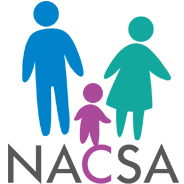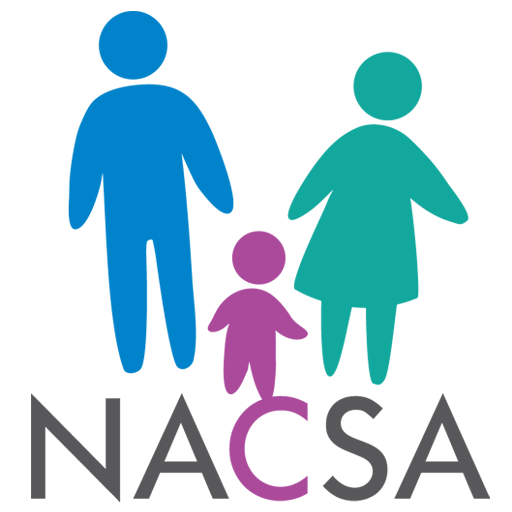Variations
Child maintenance is calculated according to a particular formula backed by legislation. But maintenance can be either increased or decreased through the Variation Scheme which provides an opportunity to have additional factors considered.
An application for a Variation may be necessary to have a more accurate maintenance calculation. It allows for additional expenses to be considered, which will reduce maintenance or for additional income to be considered, which will increase the maintenance.
An application can be made in writing, or verbally, although in some cases a variation form is required. If a form is sent to you it is important that you return it within 14 days. Failure to return the form may lead to the application being rejected.
Special Expenses Variation:
Contact Costs
If you incur costs to maintain contact with the child/ren you are entitled to make a claim for those costs to be considered. It is not an extensive list of allowable expenses and are related only to the costs to ‘maintain’ contact with the child/ren. It will not cover costs incurred during any contact period.
School fees
School fees in general are not considered, but if the costs include any boarding element these can be considered under the variation scheme.Cost of supporting long term illness/disability
Subject to restrictions, if a child in the paying parent’s household has a long term illness or disability which incurs extraordinary costs, those costs may be considered under the variation scheme.
Prior debts
Certain debts incurred before the separation may be considered under the variation scheme, but the receiving parent or qualifying child must still benefit from the item associated to the debt in order to qualify. Seek further advice if you think this applies to you.
There are thresholds that apply for some of these categories, so making an application will not automatically guarantee a change in maintenance payments.
For each category that does succeed, an allowance is calculated, and the aggregate sum is deducted from the gross income before the calculation is completed.
Additional Income Variation
Unearned Income
The most common variation is unearned income relating to dividends paid to a director of a company. It is common practise for a director to take a low salary, supplemented by dividends. Under the variations scheme, the dividends are added to the low salary and maintenance is calculated on the entire combined income.
Other unearned income includes rental income, or miscellaneous income.
The unearned income must be more than £2500pa to be considered.
Additional Income
This is a less commonly used option. It applies where child maintenance has automatically achieved a nil or flat rate because the paying parent receives a particular benefit. If the paying parent also has earnings it is possible to have that income taken into account and over ride the automatic nil/flat rate.
Notional Income
This is a more complex aspect of the variation scheme as it does not relate to income that is declared or reported in tax returns or payslips. Notional income is an amount that is deemed to be available rather than declared, and can be achieved through either
Assets
Since December 2018, CMS reintroduced the option for notional income to be determined against assets that exceed £31250
Diversion of Income
Available where the paying parent has the ability to control his income, and has taken steps to reduce that income by diverting it elsewhere.
To discuss your case and how to challenge any decision, take advantage of the various support services we offer



